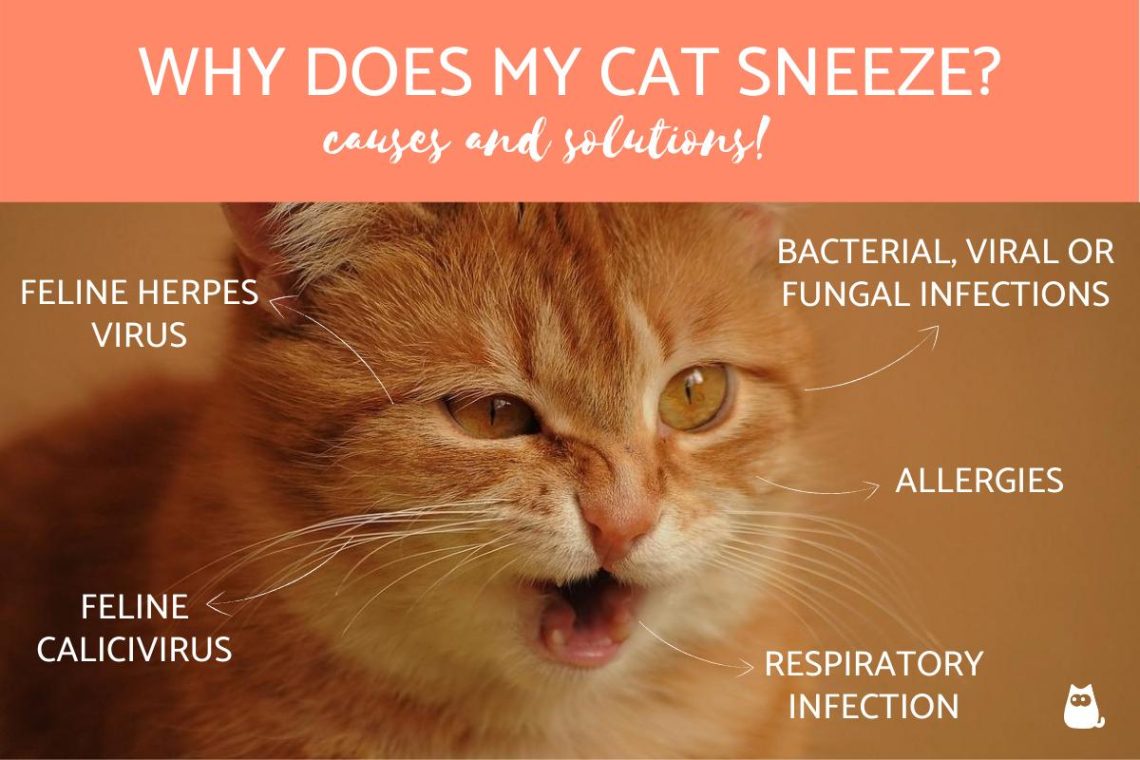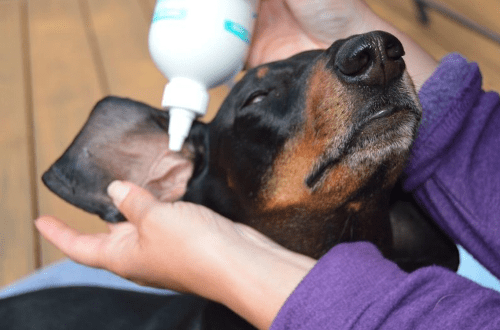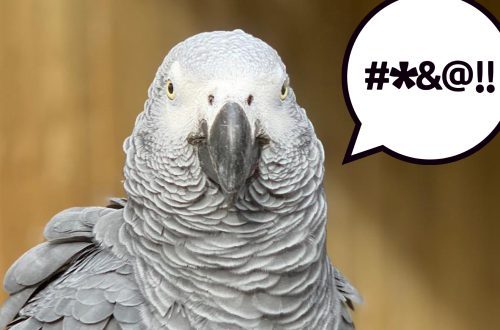
Sraothartaí cat nó cat: cad atá le déanamh, conas a dhiagnóiseadh agus conas a chóireáil
Pet owners often notice that their beloved cat or cat is sneezing. If this phenomenon is observed infrequently, it is considered quite normal. In the case when the sneezing lasts for a long time, it is necessary to understand why the cat is sneezing. Perhaps the cause is an allergy or a serious illness.
Why is the cat sneezing?
As a rule, animals sneeze for a simple reason: they get into their nasal passages dust particles or wool. However, this is not always the case. Before you understand what to do if the cat sneezes, you need to establish the cause of this phenomenon. Possible options:
- fuar;
- imoibriú ailléirgeach;
- ionfhabhtuithe sinus;
- polyps nasal;
- diseases of the teeth and gums;
- nasal cancer.
If the cat sneezes constantly, it is necessary to pay special attention to his condition, since an upper respiratory tract infection may develop. We are talking about adenovirus, herpes or parainfluenza virus. Similar infections in cats can be treated for quite a long time and be accompanied by complications.
In some cases, the answer to the question of why the kitten is sneezing will be a common allergic reaction. Irritants are:
- deatach tobac;
- pailin ;
- cumhrán;
- múnla ;
- household chemicals.
Upon contact with the allergen, the animal begins to sneeze violently. This is especially true for breeds with a flat muzzle and short nasal passages. In advanced cases, such cats face serious allergies.
As mentioned earlier, sneezing can lead to fadhbanna fiaclóireachtaincluding tooth abscess. In this case, sneezing in cats is observed in the presence of additional complications in the form of infections.
The most dangerous cause for cats is nasal cancer. Its main symptom is a strong prolonged sneezing, in which blood can be released. If you find a similar symptom in an animal, do not panic, but simply take the cat to a veterinary clinic. Perhaps this is a sign of a less dangerous disease.
When determining the cause of a cat’s sneezing, attention should be paid to duration and frequency this state. It is worth remembering that small kittens are more likely to suffer from infectious diseases. This is especially true in cases where the animal is not vaccinated. If the sneezing is caused by polyps, they must be eliminated using a surgical method.
Féin-dhiagnóis
Some people are very concerned about what to do if a kitten sneezes. Because of this, they are ready to start self-diagnosis. In this case, you need to watch the cat. Frequent mucus-laden sneezing, difficulty breathing, and puffy eyes indicate an allergic reaction. Sometimes cats have additional symptoms: fever, swollen glands and cough. Similar signs indicate the presence of an infectious disease. It should be noted that the disease has spread to the cat’s upper respiratory tract.
When sneezing, which led to diseases of the gums and teeth, an unpleasant odor will come from the pet’s mouth. In this case, a thorough examination of the kitten’s oral cavity is shown.
When diagnosing, it is necessary to pay attention to the discharge from the cat’s nose:
- clear mucus indicates an allergic reaction;
- thick greenish or gray discharge indicates the presence of an infectious disease or fungus.
What if the cat sneezes?
In order for the treatment of your beloved pet to be truly effective, it is necessary establish the exact cause of the phenomenon. If it is an allergy, the irritant should be identified and be sure to exclude it. In the presence of a viral infection, antibiotics are indicated to help avoid exacerbation and complications.
The ideal option is a timely vaccination that will prevent the development of various diseases. The age of 6 months is optimal for vaccination. Older kittens are vaccinated once a year. To keep your pet healthy, you need to do vaccination against such diseases:
- ionfhabhtuithe riospráide uachtarach;
- confadh;
- panleukopenia;
- leoicéime.
It is these diseases that kittens and adult animals that have not been previously vaccinated are susceptible to.
If the cat’s sneezing is caused by a serious illness, to treat ní mór duit na rudaí seo a leanas a dhéanamh:
- regularly wipe your eyes and nose from secretions, and then wash your hands thoroughly;
- follow all recommendations of the veterinarian;
- if persistent sneezing and fever are detected, call a specialist at home.
Ar ndóigh, treatment depends on the type of disease.
- In the presence of the herpes virus, lysine is prescribed.
- Infections caused by active proliferation of bacteria can be eliminated with antibiotics.
- If sneezing is due to a fungus, then taking appropriate medications is indicated. The most commonly used creams, gels and ointments.
- Sneezing caused by oral problems will stop immediately after the treatment of dental and gum disease.
- The most difficult cause of sneezing, namely nasal cancer and polyps, requires serious treatment in a veterinary hospital.
- In case of viral diseases, cats are prescribed antibiotics: maxidin or fosprenil, which will help stop the inflammatory process and relieve the symptoms caused by the infection, as well as baksin or gamavit, which have a general strengthening effect aimed at restoring the animal’s condition after an exacerbation.
Cats, like any other animal, occasionally sneeze. Thus, they clean the respiratory tract from dust, wool and dirt particles. It’s quite normal physiological reflexprotecting the body. If the kitten constantly sneezes, it is necessary to visit a veterinarian to determine the cause of this phenomenon and eliminate it.





